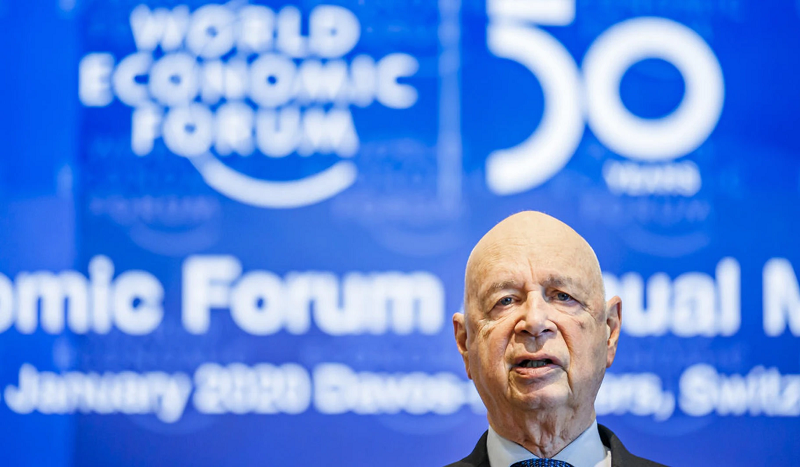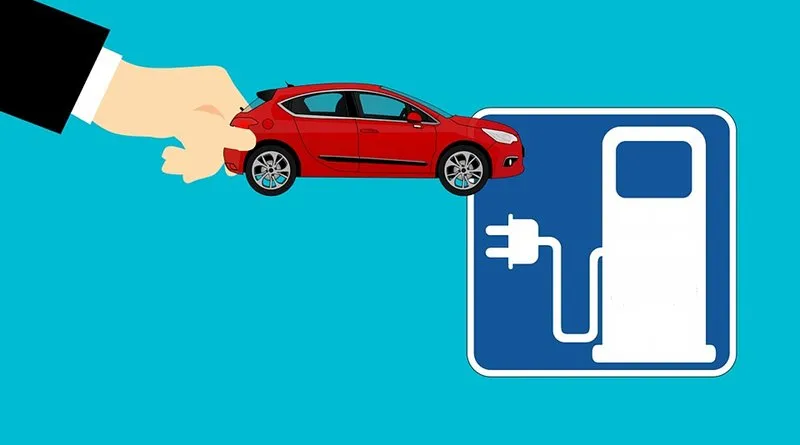Ré-initialisation du monde à Davos contre spiritualité : La lutte finale ?

« Il faut prendre l’argent aux pauvres, d’accord, ils ne sont pas riches, mais ils sont nombreux. » (Alphonse Allais)
« Quand les blancs sont venus en Afrique, nous avions la terre et ils avaient la Bible. Ils nous ont demandé de prier avec les yeux fermés ; quand nous avons ouvert les yeux, les blancs avaient la terre et nous avions la Bible. » (Jomo Kenyatta ancien président du Kenya)







